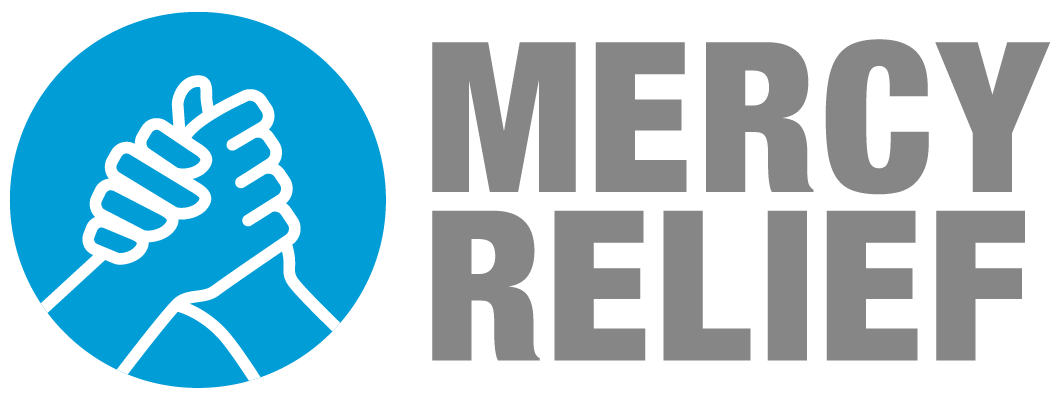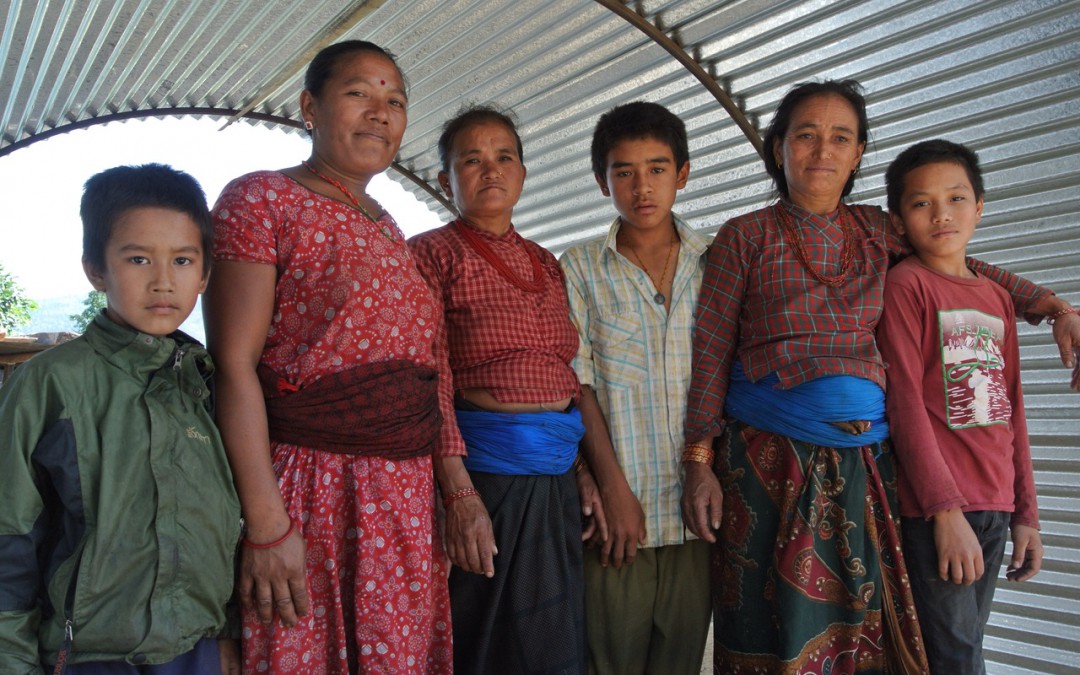Mercy Relief’s emergency transitional shelter programme in Nepal comes to a completion before the full-force of the monsoon hits the quake-stricken country. These transitional shelters will provide roofs over the heads of more than 2550 people whose homes were damaged or destroyed by two earthquakes which hit the country late April and mid-May.
The transitional shelter projects were made possible with the donations received from Rahmatan Lil Alamin Foundation (RLAF), which launched a nationwide fundraising campaign via its network of mosques across Singapore. Nearly a quarter of a million dollars was raised, and entirely invested into the transitional shelter programme.
Please see Annex A for the Transitional Shelter Project brief.
The Singaporean NGO also undertook the construction of temporary structures to be used collectively as a school. Heavy quake damage closed Bageswori Secondary School in the Makwanpur District. 704 students, 308 of which are girls, faced the possibility of losing their only access to an education. Mercy Relief, working in partnership with the Rotary Club of Kathmandu West and engineering students from Tribhuvan University of Nepal’s Institute of Engineering, undertook the construction of eight transitional classrooms made of galvanized iron sheets, each measuring 3.6 metres by 6 metres. Four toilets were also constructed. Approved by the Department of Education of the Tistung Village Development Council (VDC), the structures are slated to last two years, which gives the survivors enough time to reconstruct permanent alternatives after the monsoon. Mercy Relief is currently engaged in discussions with potential partners for similar transitional school structures to be built in other parts of Nepal.
“Mercy Relief is privileged to have contributed to this project and we extend our gratitude to RLAF, all donors, ground partners, grassroots leaders and the survivors themselves for their exceptional work and support,” said, Michael Tay, Chairman of Mercy Relief.
“Aside from providing a secure roof for the quake survivors before the onset of the monsoon, the transitional shelter programme, especially the school structure, will restore a sense of normalcy and community togetherness giving people hope for the future.”
During the acute relief phase, Mercy Relief’s team engaged in community consultation to assess the immediate needs following the distribution of relief supplies, pointing to a pressing need for transitional shelters. With help from various Nepalese ground partners, Mercy Relief identified more than 500 families across several districts that were in dire need.
A transitional shelter strategy had been formulated, proposed to and subsequently approved by the local authorities, private and government landowners. The urgency of the impending monsoon gave rise to the waiver of permits for transitional shelters. Within weeks, Mercy Relief, its ground partners, volunteers and beneficiaries themselves successfully overcame numerous logistical challenges to erect the transitional shelters. The response from beneficiaries have been positive. They have built the shelters close to the foundations of destroyed properties, mostly from locally procured material. All their new transitional homes are warm and seismically safe. Mercy Relief’s next phase will focus on permanent shelter reconstruction after the monsoon passes.
Mercy Relief responded to the first Nepal earthquake 48 hours after it wreaked havoc on the country. Since then, the team has conducted over 27 relief distribution operations and eight medical missions in some of the remotest villages. These villages are found in the hardest hit areas including Kathmandu, Gorkha, Dhading, Makwanpur, Ramechhap, and the Kavrepalanchok and Sindhupalchok districts. In total they have reached out to 20,000 beneficiaries and the six person medical team treated 700 patients. Mercy Relief has received S$1.3m in donations since it launched its fundraising appeal for the Nepal earthquake.
Annex A: Mercy Relief Transitional Household Shelters
Site One
Name of Site: Ward 4, Ward 6, Tistung VDC, Makwanpur District
Nature of Collaboration: Transitional Shelters
Number: 160
Project Type: GI Sheet dome with GI sheet walls
Site Two
Name of Site: Bageswori Secondary School, Tistung VDC, Makwanpur District
Nature of Collaboration: Transitional Classrooms and Toilets
Number: 8 classrooms; 4 toilets
Project Type: GI Sheets
Site Three
Name of Site: Phulping Dada Gaun VDC and Phulping Kot VDC, Sindupalchock District
Nature of Collaboration: Transitional Shelters
Number: 100
Project Type: GI sheet dome with stone / brick walls (use Aashraya type)
Site Four
Name of Site: Thecho VDC, Tokha Municipality, Bhaktapur Municipality, Kathmandu Valley
Nature of Collaboration: Transitional Shelters
Number: 160
Project Type: GI sheet roof with plywood / mad wall
Site Five
Name of Site: Ward 6, Shankarapur VDC, Kathmandu District Dadgaun, Balwupati, Kavre District
Nature of Collaboration: Transitional Shelters
Number: 50
Project Type: GI sheet dome with stone / brick walls (Aashraya type)
Site Six
Name of Site: Ward 2 and 7, Gairibisauna, Deupur VDC, Kavre District
Nature of Collaboration: Transitional Shelters
Number: 40
Project Type: GI sheet roof with plywood / mad wall by beneficiaries
About Mercy Relief
Mercy Relief is a Singaporean humanitarian organisation which engages in both disaster relief and sustainable development programmes. It was established in 2003 as an independent non-governmental humanitarian charity responding to the human tragedies in Asia. Mercy Relief’s aid programme focuses on providing timely and effective assistance to disaster-stricken communities and has maintained the delivery of emergency aid within 72 hours from the point of appeal for assistance.
In the past 12 years, Mercy Relief has disbursed over S$32 million in aid across 40 disaster relief and 53 sustainable development initiatives. Mercy Relief has impacted an aggregate of 2 million lives in 24 countries and areas, namely Afghanistan, Bangladesh, Cambodia, China, DPR Korea, India, Indonesia, Iran, Iraq, Japan, Laos, Lebanon, Malaysia, the Maldives, Myanmar, Nepal, Pakistan, Palestine, the Philippines, Sri Lanka, Taiwan, Thailand, Vietnam and Yemen.
For more information, you may call us at 6514 6322 or email corporateaffairs@mercyrelief.org


